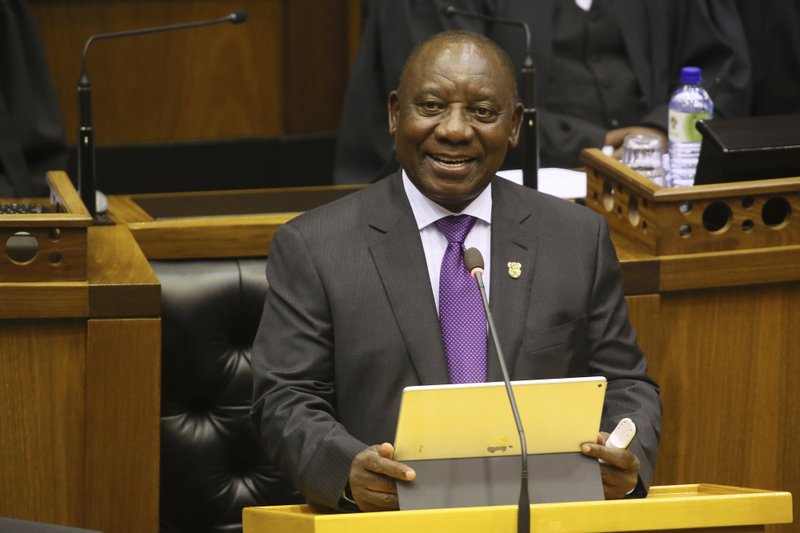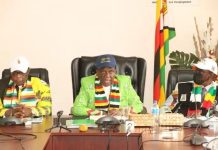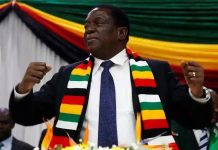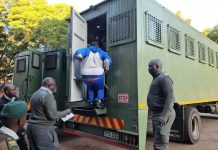President Cyril Ramaphosa’s special envoys arrived in Zimbabwe on 10 August and returned to South Africa the next day, leaving the situation as it was before – with very little hope of change. Renowned journalist Hopewell Chin’ono and opposition activist Jacob Ngarivhume are still in prison, corruption continues unabated and the Zimbabwean government is as arrogant as ever.
The envoys snubbed the political opposition – cancelling a meeting with the Movement for Democratic Change (MDC)-Alliance at the last minute. Zimbabwean citizens are now perplexed as they try to decipher what South Africa’s envoys came to do.
It seems the show was over before it even started. For a brief moment there was hope that South Africa’s government would act and call out the Mnangagwa administration on human rights violations. This followed weeks of sustained one-person protests (due to Covid-19 restrictions on gatherings) and Twitter campaigns against the arrests of prominent journalists and opposition activists, and a general despondency over the state of the country.
Ramaphosa’s government for the first time referred publicly to human rights concerns in Zimbabwe, in a series of tweets by the Department of International Relations and Cooperation. This is a marked departure from previous interventions where the department either avoided making any pronouncements on Zimbabwe, or issued a lukewarm statement bordering on solidarity with that country’s government.
The African National Congress (ANC), through secretary-general Ace Magashule, also came out strongly saying developments in Zimbabwe were ‘uncalled for.’ Such a bold response from the ANC is unheard of since the crisis in Zimbabwe started over two decades ago.
Even at the height of gross human rights abuses and political strife – such as the 2008 run-off, the 2018 post-election violence and the brutal January 2019 crackdown on protests – South Africa has always opted for quiet diplomacy and brotherhood. It has never outright condemned the excesses of the ruling Zimbabwe African National Union-Patriotic Front (Zanu-PF).
The #Zimbabweanlivesmatter movement has now apparently moved South African opposition parties to push the ANC government to act. The social media campaign by the Economic Freedom Fighters (EFF) and its leader Julius Malema clearly hit the right chord.
The EFF called on Ramaphosa to rein in President Emmerson Mnangagwa with a threat to march to the Zimbabwean High Commission and push South Africa’s president to revoke the high commissioner’s credentials. So the dispatch of envoys could be seen as a response to EFF threats rather than a genuine desire to uncover the truth about developments in Zimbabwe, and find solutions to the long-running crisis.
In diplomacy, the message is as good as the envoy who carries it. The composition and mandate of South Africa’s delegation is instructive in this regard. While former speaker of Parliament Baleka Mbete is a high-ranking ANC member, she doesn’t have the political clout to be taken seriously by Zanu-PF, nor the gravitas and integrity to be respected by Zimbabweans in general. Mbete is seen as friendly with the Zimbabwean president and unlikely to be forthright with him.






